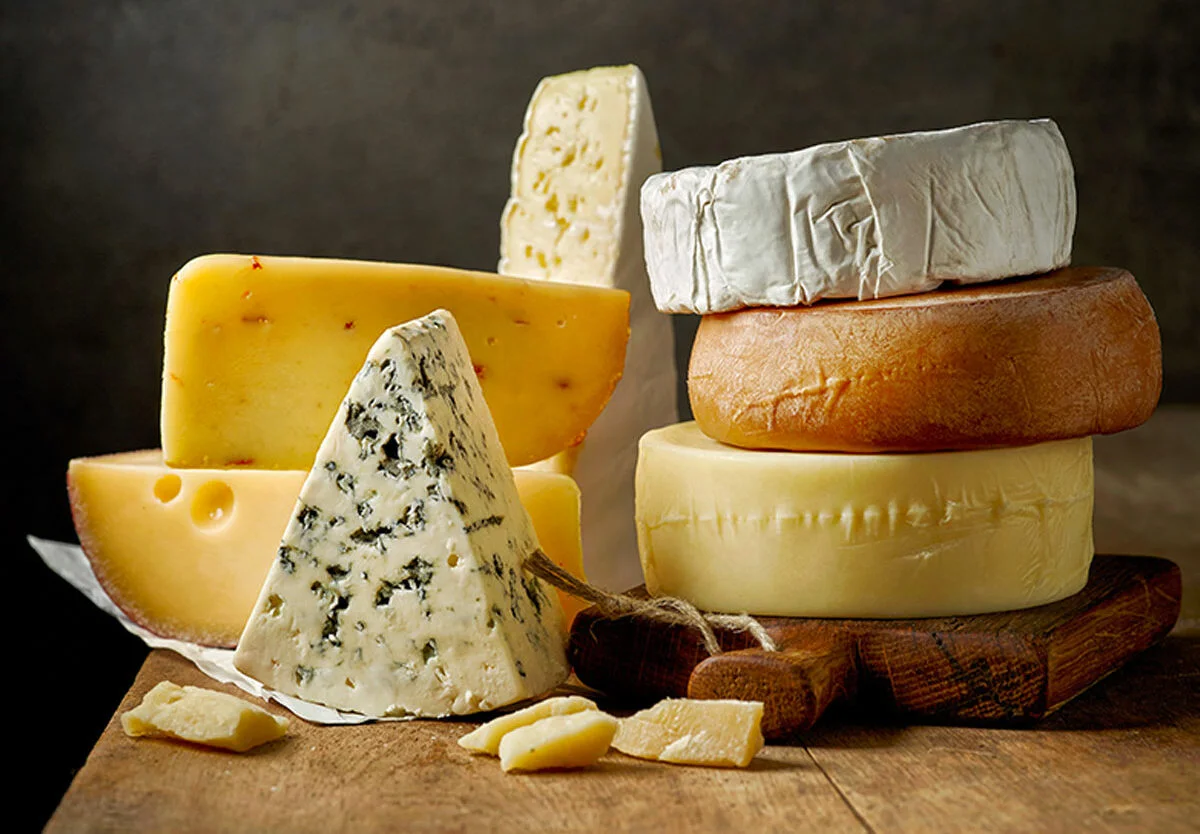Cheese, a beloved dairy product, comes in a multitude of flavors and textures, making it a staple in many cuisines worldwide. From creamy Brie to tangy feta, the variety in cheese is as diverse as our tastes. But beyond its taste and culinary versatility, cheese also offers an array of nutritional benefits that might surprise you.
Produced through the process of adding acid or bacteria to milk, cheese-making techniques and the type of milk used greatly influence the nutritional content and flavor of the final product. Despite concerns about its calorie, sodium, and fat content, cheese is a fantastic source of several essential nutrients, including calcium, protein, and more.
Here, we delve into five of the healthiest cheese varieties that not only tantalize your taste buds but also offer valuable health advantages:
1. Mozzarella: Originating from Italy, mozzarella is renowned for its soft texture and high moisture content. Compared to many other cheeses, it boasts lower calorie and sodium levels. What’s more, mozzarella contains probiotic bacteria such as Lactobacillus casei and Lactobacillus fermentum strains, known for enhancing gut health, boosting immunity, and reducing inflammation.
2. Blue Cheese: With its characteristic blue or grey veins, blue cheese is created from milk sourced from cows, goats, or sheep. The use of Penicillium mould during aging gives it a unique flavor and aroma. Rich in calcium, blue cheese can contribute to stronger bones and overall bone health.
3. Feta Cheese: A favorite in Mediterranean cuisine, feta cheese is made from sheep or goat milk. Wrapped in brine to maintain freshness, it tends to have fewer calories than many other cheese types. Notably, feta contains conjugated linoleic acid (CLA), associated with benefits like reduced body fat.
4. Cottage Cheese: Renowned for its soft curds, cottage cheese is a protein-rich dairy option that’s commonly recommended for weight loss due to its high protein content and low calorie count. Studies suggest that including high-protein foods like cottage cheese in your diet can lead to greater feelings of fullness and aid in weight management.
5. Ricotta Cheese: Often referred to as a creamier version of cottage cheese, ricotta is an Italian delight. Whey protein, which constitutes the majority of protein in ricotta, is highly absorbable and may assist in lowering blood pressure, reducing cholesterol levels, and supporting muscle growth.
While our love for cheese might be influenced by factors ranging from genetics to personal preferences, the nutritional benefits of these cheese varieties are undeniable. Incorporating these healthier options into your diet can contribute to a more balanced and nutritious lifestyle, offering not only a culinary delight but also significant health advantages. So, whether you’re savoring a cheesy pizza or enjoying a simple cheese platter, remember that your choice of cheese can pack a nutritious punch.




